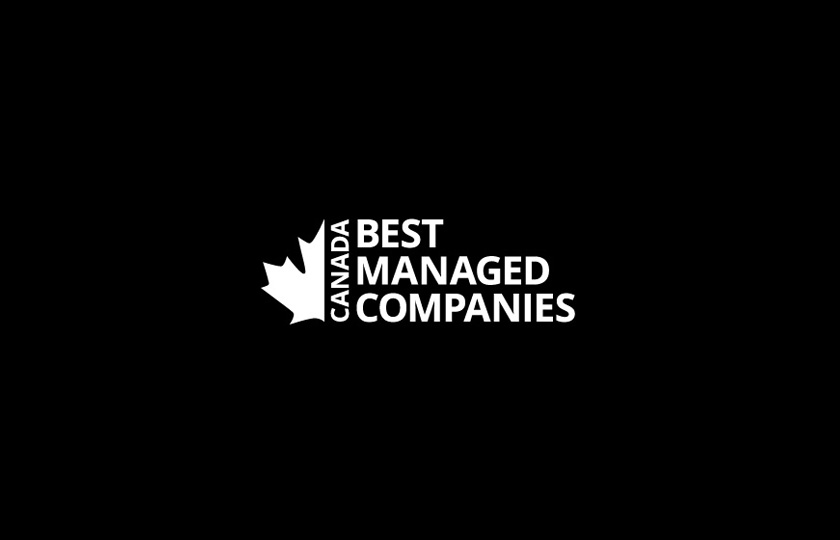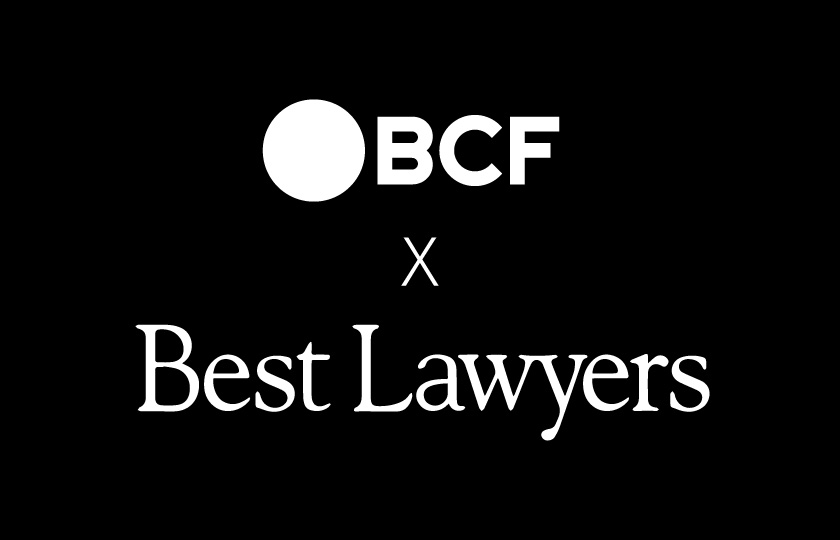
Executive Summaries Mar 13, 2018
2018 Federal Budget : New Filing Requirements for Trusts
Trusts which did not have filing obligations in the past may be subject to the new reporting requirements starting 2021.
The present memorandum serves as a summary of the new measures announced in the 2018 federal budget with respect to trusts’ reporting requirements and as a reminder of the current reporting requirements for trusts to file a federal (T3) Income Tax and Information Return as well as a provincial (TP-646) Income Tax Return.
New Measures Announced in the 2018 Federal Budget
Since no draft of the proposed legislation has been released for this new measure, we have little details but based on the information available, it appears that trusts which did not have filing obligations in the past may be subject to the new reporting requirements starting 2021.
1. Trusts Subject to the New Reporting Requirements
The new reporting requirements will apply to express trusts (in reference to tax and common law concepts) that are resident in Canada and to non-resident trusts that are currently required to file a T3 return. An express trust is generally a trust created with the settlor’s express intent, usually made in writing (as opposed to a resulting or constructive trust, or certain trusts deemed to arise under the provisions of a statute). Exceptions to the additional reporting requirements are proposed for certain types of trusts, including:
- graduated rate estates and qualified disability trusts (it is worth noting that not all testamentary trusts qualify as graduated rate estates);
- trusts that qualify as non-profit organizations or registered charities; and
- trusts that have been in existence for less than three months or that hold less than $50,000 in assets throughout the taxation year (provided, in the latter case, that their holdings are confined to deposits, government debt obligations and listed securities).
2. New Reporting Requirements
Where the new reporting requirements apply to a trust, the trust will be required to report the identity of all trustees, beneficiaries and settlors of the trust, as well as the identity of each person who has the ability (through the trust terms or a related agreement) to exert control over trustee decisions regarding the appointment of income or capital of the trust (e.g., a protector). These proposed new reporting requirements will apply to returns required to be filed for the 2021 and subsequent taxation years.
3. Penalties
The penalty for failure to file a T3 return will be equal to $25 for each day of delinquency, with a minimum penalty of $100 and a maximum penalty of $2,500. If a failure to file the return was made knowingly, or due to gross negligence, an additional penalty will apply. The additional penalty will be equal to five per cent of the maximum fair market value of property held during the relevant year by the trust, with a minimum penalty of $2,500.
Reminder of the Current Reporting Requirements
The will or the trust deed must accompany the trust income tax return when the trust is filing the return for the first time.
1. Federal Reporting Obligation
The trust must file an income tax and information return (1) if it earns taxable income and if the trust meets one of the following conditions for the given year:
- it has tax payable;
- it has no tax payable only because it is deducting a loss from a previous year;
- it is a Canadian resident and has either disposed of, or is deemed to have disposed of, a capital property or has a taxable capital gain;
- it is a non-resident throughout the year, and has a taxable capital gain or has disposed of taxable Canadian property;
- it is a deemed resident trust of Canada;
- it holds property which is subject to subsection 75(2) of the Income Tax Act (2) (the "ITA");
- it has provided a benefit of more than $100 to a beneficiary for the upkeep, maintenance, or taxes for the property maintained for the beneficiary's use (3); or
- it earned any income, gain or profit that is allocated to one or more beneficiaries, and the trust has: total income from all sources of more than $500; or allocated more than $100 to any single beneficiary; or made a distribution of capital to one or more beneficiaries; or allocated any portion of the income to a non-resident beneficiary, regardless of the amount.
2. Provincial Reporting Obligation
All resident trusts or deemed resident trusts are subject to Québec income tax. The term “resident trust” means any trust described that is subject to Québec income tax for a given taxation year because it is in one of the following situations:
- It is resident in Québec at the end of the year.
- It is resident in Canada, outside Québec, at the end of the year and it operates a business in Québec during the year (for instance, the business is carried on in Québec or the trust disposed of their taxable Québec property).
As a rule, a resident trust or a deemed resident trust must file an income tax return for any taxation year for which it has income tax payable.
However, such a trust must also file an income tax return even if the amount of income tax is nil in the following situations:
- The trust has no income tax payable for the year only because it is deducting a loss from a previous year.
- The trust is required to report a capital gain for the year, or sold property in the year.
- The trust granted a benefit with a value of more than $100 to a beneficiary for upkeep expenses, maintenance expenses or taxes related to property used by the beneficiary.
- The trust received income, gains or profits intended for a beneficiary that is an individual resident in Québec or a corporation with an establishment in Québec, and its total income, as entered on line 63 of the trust return, exceeds $500, or the income to be allocated to a beneficiary exceeds $100.
- The trust is not an excluded trust (see the definition in Part 6) and, as applicable: in calculating its income, the trust is deducting an amount allocated to a beneficiary that exceeds $100, whether or not the beneficiary is resident in Québec, on the last day of the taxation year, the trust is resident in Québec and the total of the cost amounts of property it owns at some time in that year exceeds $250,000, or on the last day of the taxation year, the trust is not resident in Québec and the total of the cost amounts of property that it owns at some time in that year and uses in carrying on a business in Québec exceeds $250,000.
- The trust is a non-resident throughout the year, and has a taxable capital gain or has disposed of taxable Québec property.
- The trust is an amateur athlete trust.
- The trust is deemed to have been established by a religious organization that elected to allocate all of its income to its beneficiaries.
A trust (other than an excluded trust) that is resident in Canada, outside Québec, at the end of a taxation year and that, at some time in the year, was the owner of a specified immovable (or a member of a partnership that owned such an immovable) must file form TP-646.1-V Trust Information Return.
3. Penalties
The T3 and TP-646 returns must be filed no later than 90 days after the trust’s tax year-end.
Penalty and interest may be charged for not filing or late filing of an income tax return and information return. The penalty for not filing the Trust's income tax return by the required date is 5% of the unpaid tax plus 1% of the unpaid tax for each full month that the return is late, to a maximum of 12 months. The penalty for not filing or late filing an information return is $25 per day, with a minimum of $100 and to a maximum of $2,500 for each failure to comply with this requirement.
We suggest that you contact your accountants to ensure that all required filings are done on an annual and timely basis.
1. It is possible to file the T3 return electronically when the trust’s taxable income, taxes payable and refundable credits are $0.00.
2. Subsection 75(2) of the ITA may apply where property is held by a trust and under the terms of the trust instrument, (i) the property may revert to the settlor, (ii) the property may be distributed to beneficiaries under the direction of the settlor after the trust was created or (iii) the property may only be disposed of with the consent of, or at the direction of the settlor. Where subsection 75(2) applies, any income or loss from the property, as well as any taxable capital gain or allowable capital loss from the disposition of the property, is attributed to the settlor when earned.
3. Subsection 105(2) of the ITA.























































